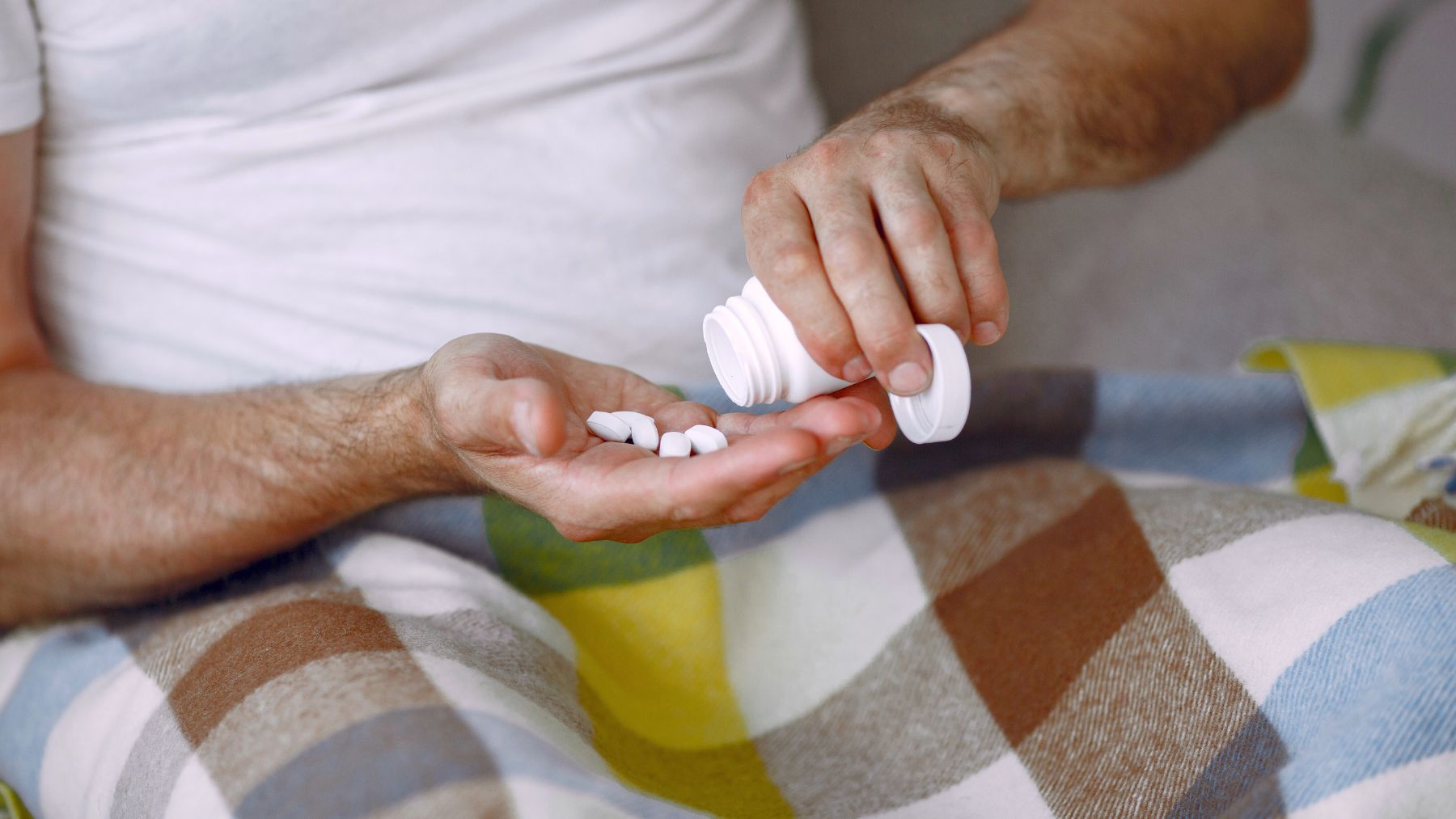A new clinical trial suggests that taking blood pressure medicine at night may improve control of both nighttime and daytime readings. The results could change how some people with hypertension manage their treatment.
Researchers from Sichuan University in China compared morning versus bedtime dosing of antihypertensive drugs. They found bedtime use lowered nighttime blood pressure more effectively without increasing side effects. Here, we’ll break down the study, what the numbers mean, and how the findings could be applied in daily care for people with high blood pressure.
Bedtime dosing showed better blood pressure results
Hypertension is a major health problem worldwide and a key risk factor for heart attack and stroke. Nocturnal blood pressure is especially important because high nighttime readings are linked to a greater risk of cardiovascular events than daytime readings. Yet for many patients, nighttime control is the most difficult to achieve.
The trial, published in JAMA Network Open, enrolled 720 adults aged 18 to 75 who either had never been treated for hypertension or had stopped medication for at least two weeks. All participants were given a single-pill combination of olmesartan (20 mg) and amlodipine (5 mg), with doses adjusted every four weeks based on ambulatory and office blood pressure monitoring.
Half the participants took their medication in the morning between 6:00 and 10:00 a.m. The other half took it at night between 6:00 and 10:00 p.m. After 12 weeks, the bedtime group saw an average nighttime systolic blood pressure drop that was 3 mm Hg greater than the morning group, along with a 1.4 mm Hg greater drop in nighttime diastolic pressure.
Control rates for nighttime systolic pressure were 79% in the bedtime group compared with 69.8% in the morning group. Office readings also favored bedtime dosing, with 88.7% achieving target systolic control compared with 82.2% in the morning group. Morning blood pressure readings improved as well, and fewer patients in the bedtime group needed dose increases.
In addition, the study found no rise in nocturnal hypotension or in reported side effects, suggesting bedtime dosing is well tolerated. Researchers noted that the improved control did not come at the expense of average daytime or 24-hour readings.
How could this be applied in blood pressure treatment
These findings raise the possibility that adjusting the timing of blood pressure medication could help certain patients reach better control without changing their prescription. While this study tested only the olmesartan-amlodipine combination, the results support exploring bedtime dosing with other antihypertensive drug classes. Possible applications include:
- Patients with uncontrolled nighttime readings: Those whose daytime pressure is stable but nighttime levels remain high might benefit from an evening dose.
- Older adults: They often experience changes in circadian blood pressure patterns and may respond well to timing adjustments.
- Patients on fixed-dose combinations: Bedtime dosing could be particularly effective with medications designed to provide steady coverage over 24 hours.
- Individuals sensitive to side effects: If symptoms occur after a morning dose, shifting to nighttime might reduce discomfort during waking hours.
While promising, these results don’t mean everyone with hypertension should change their medication schedule without guidance. Factors like medication type, lifestyle, and other health conditions should also be considered. The authors recommend further research to confirm the benefits across different populations and drug regimens.

